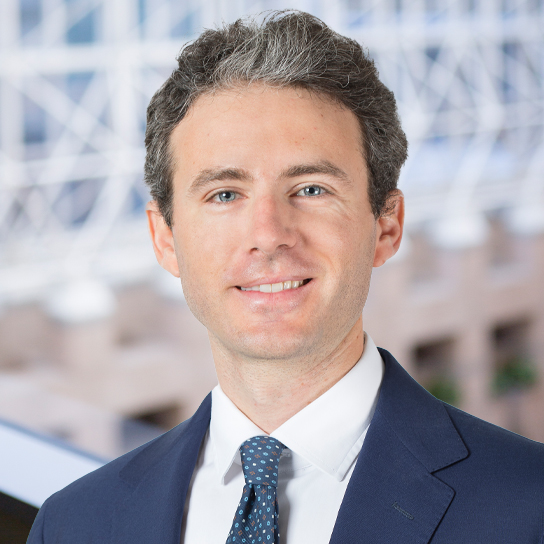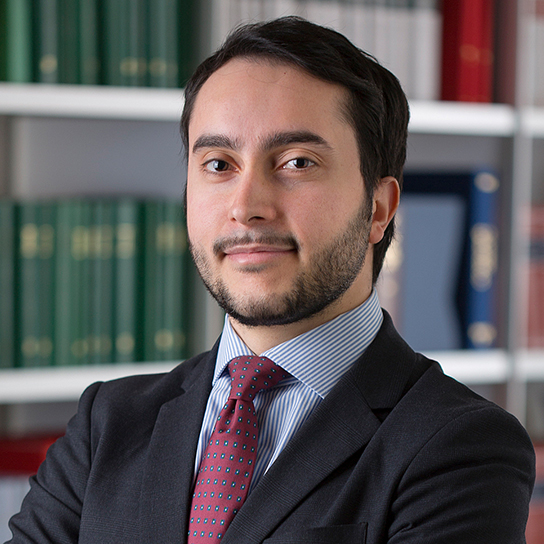Hogan Lovells advises New York University on landmark lawsuit over ownership of Villa La Pietra, seat of the University's Florentine campus and the Harold Acton Collection
Florence, 26 April 2024 – Global law firm Hogan Lovells obtained a favourable judgement in the interest of New York University (“NYU”), in a case that was first brought before the Court of Florence in 1995 by an Italian family (Liana Beacci and then her heirs) who had claimed inheritance rights on Villa La Pietra and its art collection.
With this ruling, NYU’s full ownership of the estate and the collection has been fully and finally established.
The estate and the art collection were bequeathed to NYU by Sir Harold Acton at his death, in 1994. In line with Sir Harold’s wishes, NYU went on to develop Villa La Pietra into a major educational and cultural center that has hosted world leaders and supported undergraduate and graduate studies. NYU has also spent years restoring Villa La Pietra, its gardens, and its art collection, as well as cataloging, archiving, and documenting.
The estate consists of Villa La Pietra, four other villas surrounded by 37 acres of gardens and grounds, and an art collection consisting of more than 6000 art objects, including several paintings (amongst which are early Italian panel paintings and an exquisite Vasari), tapestries , sculptures and antique furniture. Villa La Pietra was purchased by Hortense Acton, an American heiress who was the wife of Arthur Acton, an English subject, and the mother of Sir Harold Acton.
The court case was commenced before the Court of Florence in 1995, shortly after Sir Harold had died and the estate passed to NYU. The plaintiff Liana Beacci - claiming to be Harold Acton’s half-sister - challenged the bequest.
After almost 30 years of litigation - which included previous victories and setbacks for NYU - the Court of Florence by its decision of April 26 upheld NYU’s defense arguments entirely and rejected all the Beacci’s claims. The Court correctly concluded that Liana Beacci’s rights to the estate and the collection had to be assessed based on English law (both Arthur and Harold Acton being English subjects). Given that under English law natural children don’t have rights to an inheritance and that inheritance claims must be asserted within 12 years, the Court ruled that the Beacci family had no rights to inherit the estate (Harold Acton died in 1962; Liana Beacci didn’t bring her suit until 1995). The Court thus definitely rejected all their claims against NYU and held that Villa La Pietra (and the other real property) and the collection bequeathed by Harold Action are and remain in their entirety the property of NYU.
The Hogan Lovells team was led by Partner Francesca Rolla and comprising Counsel Alessandro Borrello and Associate Vincenzo Donadio - with support from David Dunn (Partner, Litigation, New York) and Hannah Piper (Partner, Litigation, London).
NYU President Linda Mills said: “This is a stunning day, one that NYU has been awaiting for nearly thirty years. We are thrilled with the Court’s decision.
“The impact of this gift on NYU has been enormous. This bequest greatly energized NYU’s global vision. In many ways, it provided the foundation for the global strategy, presence, and prominence that characterizes NYU today.
“From the first moments that Villa La Pietra came to NYU as a gift from Sir Harold Acton, we have taken our stewardship of the estate very seriously. The restoration that NYU undertook has helped restore the glory of the estate, and the education, scholarly, and civic programming we developed has helped ensure that Sir Harold’s vision for this magnificent estate has been realized and that it continues to contribute to the extraordinary cultural life of Florence.
“I want to thank the legal representatives we have had over these past 30 years, who brought us this great victory at last.”
Francesca Rolla added: “The decision is well reasoned and puts an end to a complex and long- lasting dispute over NYU’s full ownership on the Villas and the Harold Action collection. We were glad that the Court fully upheld our defensive arguments both on the application of English law (and the effects thereof on the case) and on the consequences of Liana Beacci’s inaction - which persisted for over 40 years”.







